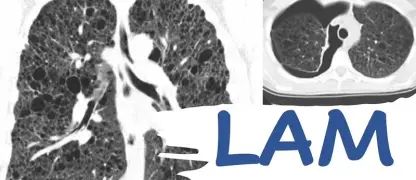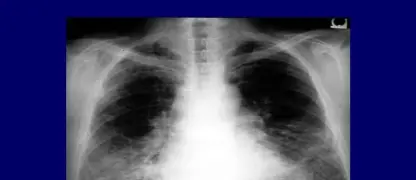Short of breath but don't smoke? It could be more than asthma. Understanding Alpha-1 Antitrypsin Deficiency, a form of genetic COPD, is vital for a correct diagnosis and protecting your lungs and liver.
What are the main causes of Alpha-1 Antitrypsin Deficiency?
- What is alpha-1? It's an inherited disorder caused by receiving two faulty SERPINA1 genes, one from each parent, which leads to AAT deficiency.
- The condition results in the liver producing abnormal alpha-1 antitrypsin protein that cannot effectively protect the lungs from damage.
- This abnormal protein can also get stuck in the liver, leading to the buildup that causes significant liver disease in some individuals.

Key symptoms of Alpha-1 Antitrypsin Deficiency to watch for
- The most common alpha-1 symptoms involve the lungs, including shortness of breath, wheezing, and chronic cough, often diagnosed as genetic COPD.
- In others, AAT deficiency manifests as liver disease, with symptoms like jaundice (yellowed skin), fatigue, and swelling in the legs and belly.
- Some people may experience unexplained weight loss, recurring respiratory infections, and skin problems like panniculitis, which are also linked to the deficiency.
How can you prevent complications from Alpha-1 Antitrypsin Deficiency effectively?
- The most critical step is to never smoke and avoid secondhand smoke and other lung irritants to protect your lungs from rapid damage.
- Alpha-1 treatment, such as augmentation therapy, can help slow the progression of lung disease by replacing the missing AAT protein.
- Regular check-ups, vaccinations to prevent infections, and maintaining a healthy lifestyle can help manage both lung and liver health effectively.
>>> Learn now: Allergic rhinitis (hay fever) - Effective relief strategies
Image of the disease Alpha-1 Antitrypsin Deficiency
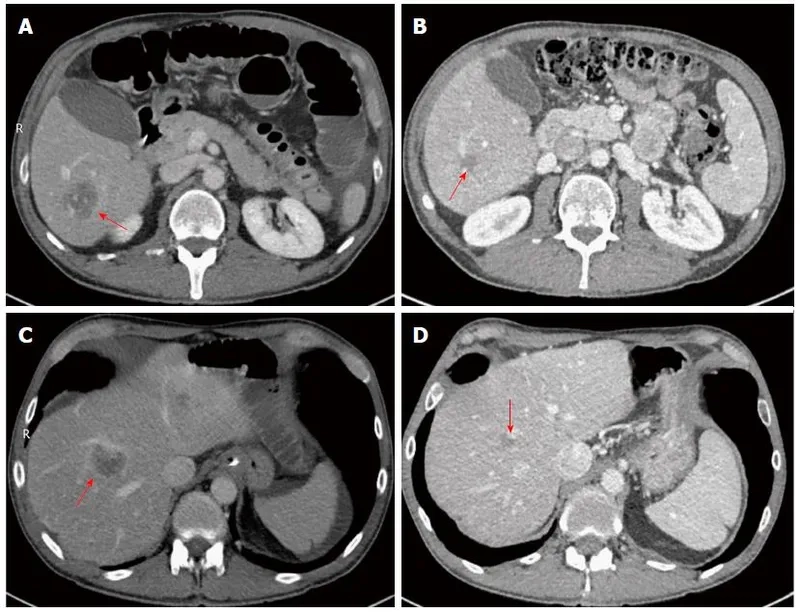
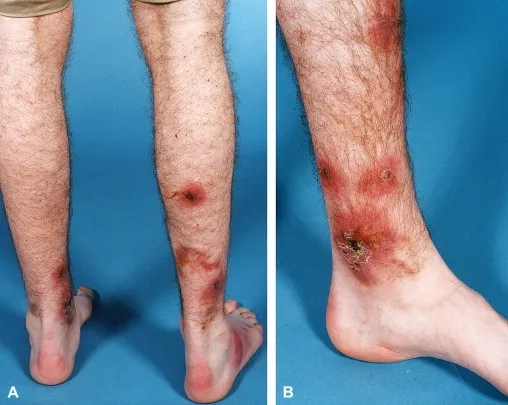

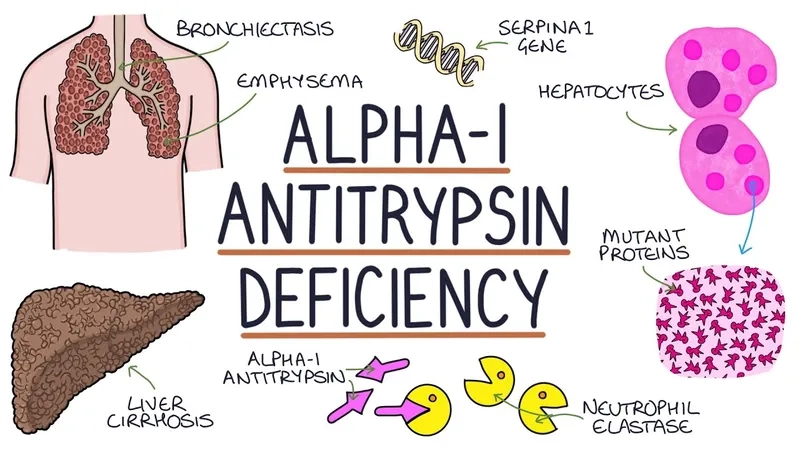

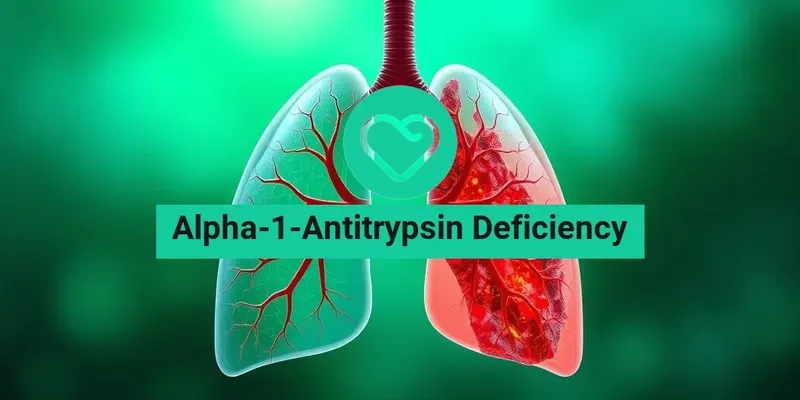
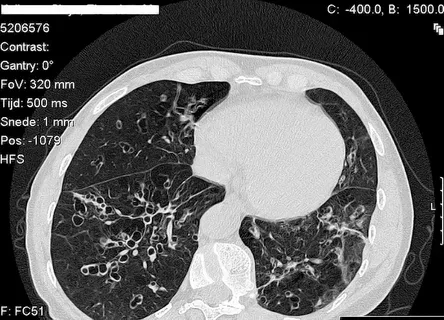
>>> Unknown more: Chronic sinusitis - When your sinus infection never leaves
Early diagnosis through alpha-1 testing is key to managing AAT deficiency. If you have symptoms, talk to your doctor and connect with the Alpha-1 Foundation.
>>> Unknown more: Occupational lung diseases - Are you at risk in your workplace?


